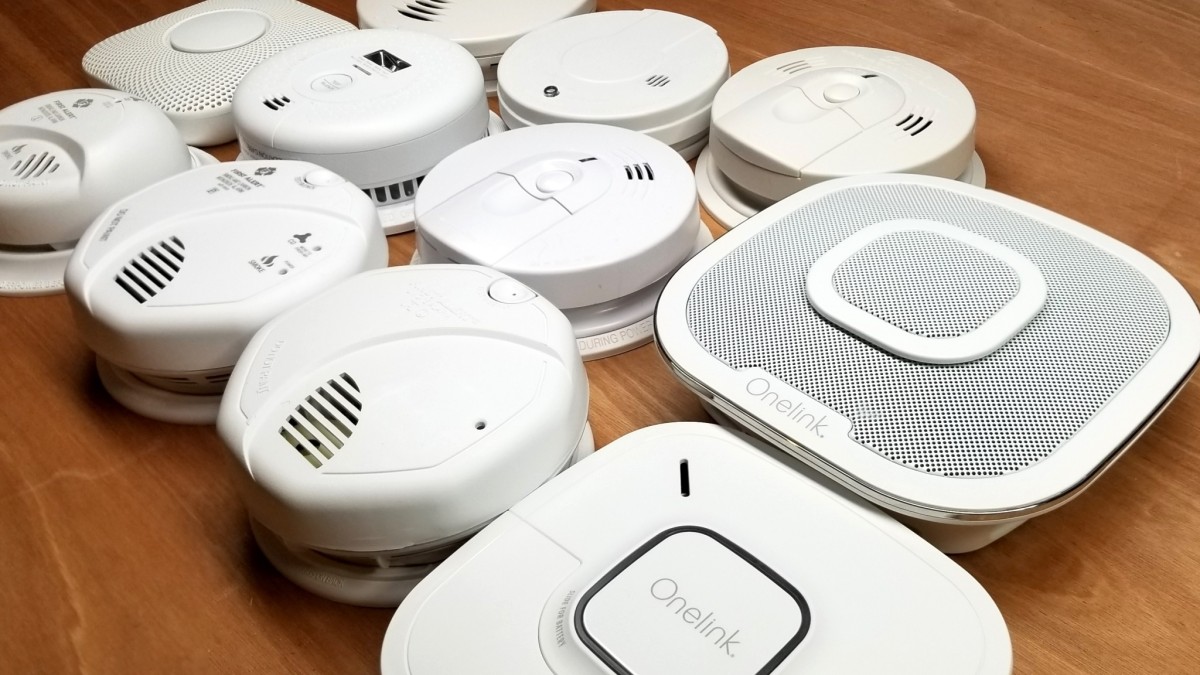

Articles
Which Smoke Detector Is Best?
Modified: January 18, 2024
Find articles on the best smoke detectors and make an informed decision to protect your home. Explore different features, brands, and prices in our comprehensive guide.
(Many of the links in this article redirect to a specific reviewed product. Your purchase of these products through affiliate links helps to generate commission for Storables.com, at no extra cost. Learn more)
Introduction
When it comes to ensuring the safety of your home or office, having a smoke detector is absolutely essential. Smoke detectors are designed to detect the presence of smoke and sound an alarm to alert occupants of a potential fire. However, with the wide variety of smoke detectors available in the market, it can be overwhelming to determine which one is the best for your needs.
In this article, we will explore the different types of smoke detectors available and discuss their respective advantages and disadvantages. By understanding the features and functionalities of each type, you will be able to make an informed decision and choose the smoke detector that best suits your requirements.
Before we dive into the details, it is important to note that there are four main types of smoke detectors commonly used today: ionization smoke detectors, photoelectric smoke detectors, dual-sensor smoke detectors, and smart smoke detectors. Each type operates using different technologies and has unique capabilities.
Now, let’s take a closer look at each type of smoke detector and examine their characteristics to determine which one is the best for your specific needs and preferences.
Key Takeaways:
- Choose a smoke detector based on the type of fire you want to detect. Ionization detectors are best for fast-flaming fires, while photoelectric detectors excel at detecting slow-smoldering fires. Consider a dual sensor detector for comprehensive coverage.
- Smart smoke detectors offer advanced features and connectivity for enhanced fire detection. They provide real-time alerts, integration with home automation systems, and detailed status information, making them a worthwhile investment for those seeking an integrated and technologically advanced home safety solution.
Read more: Which Type Of Smoke Detector Is Best?
Ionization Smoke Detectors
Ionization smoke detectors are one of the most commonly used types of smoke detectors. They work based on the principle of ionization, where a small amount of radioactive material, such as Americium-241, is used to ionize the air inside the detector chamber. When smoke enters the chamber, it disrupts the flow of ions, triggering the alarm.
One of the main advantages of ionization smoke detectors is their ability to quickly detect fast-flaming fires, which are characterized by rapid combustion and the production of small particles. These types of fires are often caused by materials such as paper, wood, or flammable liquids. Due to their sensitivity to these small particles, ionization smoke detectors are able to provide early warning in such situations.
However, ionization smoke detectors are less effective at detecting slow-smoldering fires, which produce larger particles and less smoke. Such fires are commonly caused by overheated wiring, faulty electrical appliances, or cigarettes left unattended. In these cases, ionization smoke detectors may not be as responsive, potentially delaying the alarm and increasing the risk of injury or property damage.
Another consideration with ionization smoke detectors is their tendency to be more prone to false alarms. The sensitivity to small particles can lead to false alarms triggered by cooking smoke or steam from bathrooms. This can be frustrating for homeowners and may result in a disregard for the alarm when a real fire occurs.
It’s important to note that ionization smoke detectors are suitable for general use in most residential and commercial spaces. However, if you have specific requirements, such as the need for specialized fire detection or if you are concerned about false alarms, you may need to consider other types of detectors.
In summary, ionization smoke detectors are effective at detecting fast-flaming fires and are widely used because of their affordability. However, their limitations in detecting slow-smoldering fires and the potential for false alarms should be taken into account when choosing the best smoke detector for your needs.
Photoelectric Smoke Detectors
Photoelectric smoke detectors, also known as optical smoke detectors, operate using a different technology compared to ionization detectors. Rather than relying on ionization, photoelectric detectors use an optical sensing chamber that detects smoke particles through the scattering of light.
These smoke detectors work by emitting a beam of light into the detection chamber. When smoke particles enter the chamber, they scatter the light, causing it to reflect onto a light-sensitive sensor. The change in light patterns triggers the alarm, alerting occupants of a potential fire.
One of the notable advantages of photoelectric smoke detectors is their ability to quickly detect slow-smoldering fires. These types of fires produce larger smoke particles and take longer to develop into a full-scale fire. Photoelectric detectors are more adept at detecting these larger particles, providing early warning and allowing more time for evacuation.
Another benefit of photoelectric smoke detectors is their reduced susceptibility to false alarms compared to ionization detectors. The optical chamber design helps minimize false alarms triggered by cooking smoke or steam, making them a more reliable choice for homeowners.
Photoelectric smoke detectors are most effective in areas where there are potential sources of slow-smoldering fires, such as kitchens, living rooms, or bedrooms. They are also recommended for use in areas where false alarms may pose a significant inconvenience or safety concern, such as hospitals or hotels.
However, it is essential to understand that photoelectric smoke detectors may not be as responsive to fast-flaming fires as ionization detectors. If you have a specific concern for this type of fire, such as a workshop or storage area with flammable materials, you may need to consider using a combination of both photoelectric and ionization detectors.
In summary, photoelectric smoke detectors are effective at detecting slow-smoldering fires, making them suitable for general applications in residential and commercial spaces. Their reduced susceptibility to false alarms is an added advantage. However, for areas with a higher risk of fast-flaming fires, additional precautions may be necessary.
Dual Sensor Smoke Detectors
Dual Sensor smoke detectors, as the name suggests, combine the technologies of ionization and photoelectric smoke detectors into a single device. These detectors are designed to provide the benefits of both detection methods, offering enhanced coverage and improved fire detection capabilities.
By combining ionization and photoelectric sensors, dual sensor smoke detectors are able to detect a wide range of fire types. They are effective at detecting both fast-flaming fires and slow-smoldering fires, making them a versatile choice for comprehensive fire detection.
The ionization component of the dual sensor detector ensures quick response to fast-spreading fires characterized by smaller smoke particles. On the other hand, the photoelectric component provides early detection of slow-smoldering fires that produce larger smoke particles. By having both sensors in a single device, dual sensor smoke detectors offer the advantage of fast and accurate fire detection in various scenarios.
Using a dual sensor smoke detector can provide a higher level of confidence in your fire safety system. The combination of both technologies reduces the chances of false alarms and increases the reliability of the alarm when a real fire occurs.
It is worth mentioning that dual sensor smoke detectors are typically more expensive than single-sensor detectors, and their installation may require professional assistance. However, the added cost is often justified by the enhanced fire detection capabilities they offer.
Dual sensor smoke detectors are a recommended choice for residential and commercial spaces where a comprehensive fire detection system is desired. They are particularly suitable for areas where a variety of fire types can occur, such as kitchens, living rooms, and hallways.
In summary, dual sensor smoke detectors combine the benefits of both ionization and photoelectric technologies, providing a higher level of fire detection accuracy. They are an excellent choice for those seeking a comprehensive fire safety solution and are willing to invest in advanced detection capabilities.
Smart Smoke Detectors
In today’s modern world, technology is revolutionizing various aspects of our lives, including home safety. Smart smoke detectors, also known as connected smoke detectors, offer advanced features and connectivity options that enhance fire detection and provide additional convenience.
Smart smoke detectors are designed to connect to your home’s Wi-Fi network, allowing you to monitor and control them remotely through a smartphone app or a central hub. This connectivity enables you to receive real-time alerts, notifications, and updates about the status of your smoke detectors, even when you’re away from home.
One of the primary advantages of smart smoke detectors is their ability to send alerts directly to your smartphone in the event of a detected fire or smoke. This immediate notification ensures that you are aware of the situation promptly, allowing you to take appropriate action, such as contacting emergency services or checking on loved ones.
Some smart smoke detectors also offer additional features such as integration with home automation systems. This means that they can work in conjunction with other smart devices in your home, such as smart thermostats or smart lighting, to further enhance safety and automation. For example, in the event of a fire, the smoke detector can automatically turn off the HVAC system to prevent the spread of smoke throughout the house.
Another benefit of smart smoke detectors is their ability to provide detailed information about the status of your smoke detectors, such as battery life, sensor health, and maintenance reminders. This information can help ensure that your smoke detectors are always in optimal functioning condition, reducing the risk of false alarms or failed detection.
It is important to note that smart smoke detectors may have a higher upfront cost compared to traditional detectors. However, the added features and convenience they offer can make them a worthwhile investment for those seeking an integrated and technologically advanced home safety solution.
Smart smoke detectors are suitable for both residential and commercial applications. They provide an added layer of convenience, control, and peace of mind, making them an attractive option for those who value the benefits of a connected home.
In summary, smart smoke detectors offer advanced features, connectivity, and remote monitoring for enhanced fire detection. They provide real-time alerts, integration with home automation systems, and detailed status information, elevating the level of control and convenience in your home safety setup.
Other Considerations
When choosing the best smoke detector for your needs, there are a few additional factors to consider that can help you make an informed decision. These considerations can further enhance the effectiveness and functionality of your smoke detectors:
Power Source:
Smoke detectors are typically powered by batteries or connected to the electrical system of your home. Battery-powered smoke detectors offer flexibility in installation and can continue to operate during a power outage. However, they require regular battery replacement. Hardwired smoke detectors, on the other hand, get their power from the electrical system of your home and often come with battery backup for continued operation in case of power interruption.
Interconnectivity:
Interconnected smoke detectors are linked together, so when one detector detects smoke or fire, all detectors in the system will sound the alarm. This interconnected system provides enhanced safety by ensuring that occupants in different areas of the premises are alerted simultaneously, allowing for a quicker response and evacuation.
Maintenance and Testing:
To ensure that your smoke detectors are always in optimal working condition, regular maintenance and testing are necessary. This includes cleaning them to remove dust or debris, testing the alarms regularly, and replacing batteries as needed. Some smoke detectors come with self-testing features to simplify the maintenance process.
Read more: How To Smoke In A Room With A Smoke Detector
Compliance with Standards:
When purchasing a smoke detector, ensure that it meets the required safety standards and certifications in your region. Look for detectors that are labeled with certifications such as UL (Underwriters Laboratories) or EN (European Standard).
Installation:
Proper placement and installation of smoke detectors are crucial for their effectiveness. Install smoke detectors on each level of your home, including bedrooms and hallways, and near sleeping areas. Follow the manufacturer’s guidelines and check local fire regulations for specific installation requirements.
Manufacturer Reputation:
Consider the reputation and reliability of the smoke detector manufacturer. Look for brands that have a history of producing quality products and providing excellent customer support. Reading reviews and ratings can help you assess the reliability and durability of the smoke detector.
By carefully considering these additional factors, you can ensure that you choose the right smoke detector that aligns with your specific requirements and provides the highest level of safety for your home or office.
Conclusion
Choosing the best smoke detector for your needs is an important decision to ensure the safety of your home or office. With different types of smoke detectors available, it’s crucial to consider their unique features and capabilities. Ionization smoke detectors are effective at detecting fast-flaming fires, while photoelectric smoke detectors excel in detecting slow-smoldering fires. Dual sensor smoke detectors combine both technologies for comprehensive fire detection, and smart smoke detectors offer advanced features and connectivity options.
When making your decision, don’t forget to consider additional factors such as power source, interconnectivity, maintenance, compliance with standards, installation, and the reputation of the manufacturer. These considerations will help you select a smoke detector that suits your specific requirements and provides the highest level of safety and convenience.
Remember, smoke detectors are a crucial part of your overall fire safety system. Regular maintenance, testing, and compliance with safety standards are essential to ensure their effectiveness. Install smoke detectors on each level of your home or office, and near sleeping areas to maximize their coverage. Additionally, consider interconnecting your smoke detectors for simultaneous alerts throughout the premises.
By taking the time to research and choose the right smoke detector, you can have peace of mind knowing that you have a reliable and effective early warning system in place to protect you, your loved ones, and your property from the dangers of fire.
Ultimately, the best smoke detector will depend on your specific needs and preferences. Whether you opt for ionization, photoelectric, dual sensor, or smart smoke detectors, each type offers unique advantages that contribute to the overall goal of fire safety. Select the smoke detector that aligns with your requirements and provides the highest level of protection, so you can rest easy knowing you have taken the necessary steps to safeguard your home or office.
Frequently Asked Questions about Which Smoke Detector Is Best?
Was this page helpful?
At Storables.com, we guarantee accurate and reliable information. Our content, validated by Expert Board Contributors, is crafted following stringent Editorial Policies. We're committed to providing you with well-researched, expert-backed insights for all your informational needs.
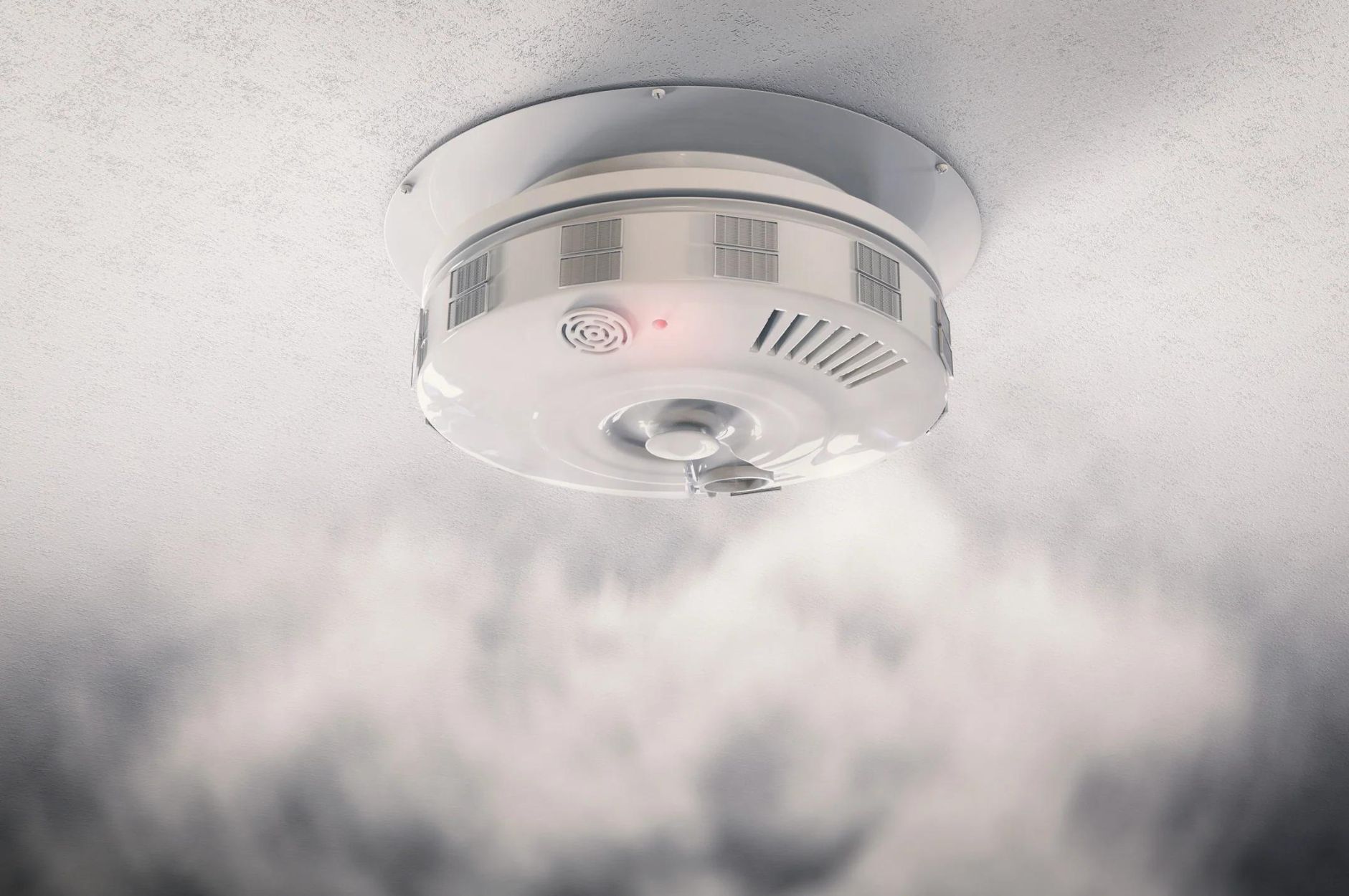
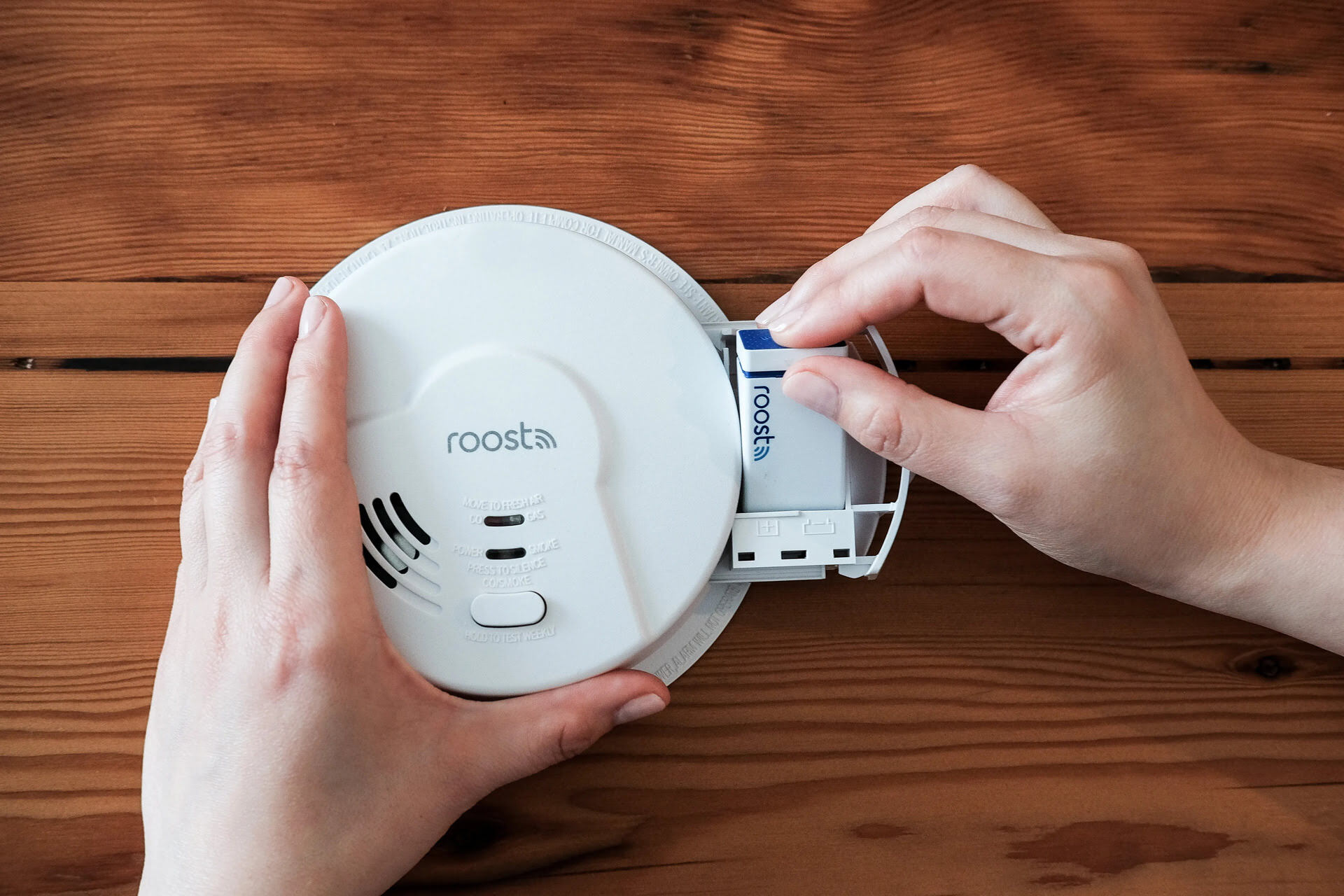
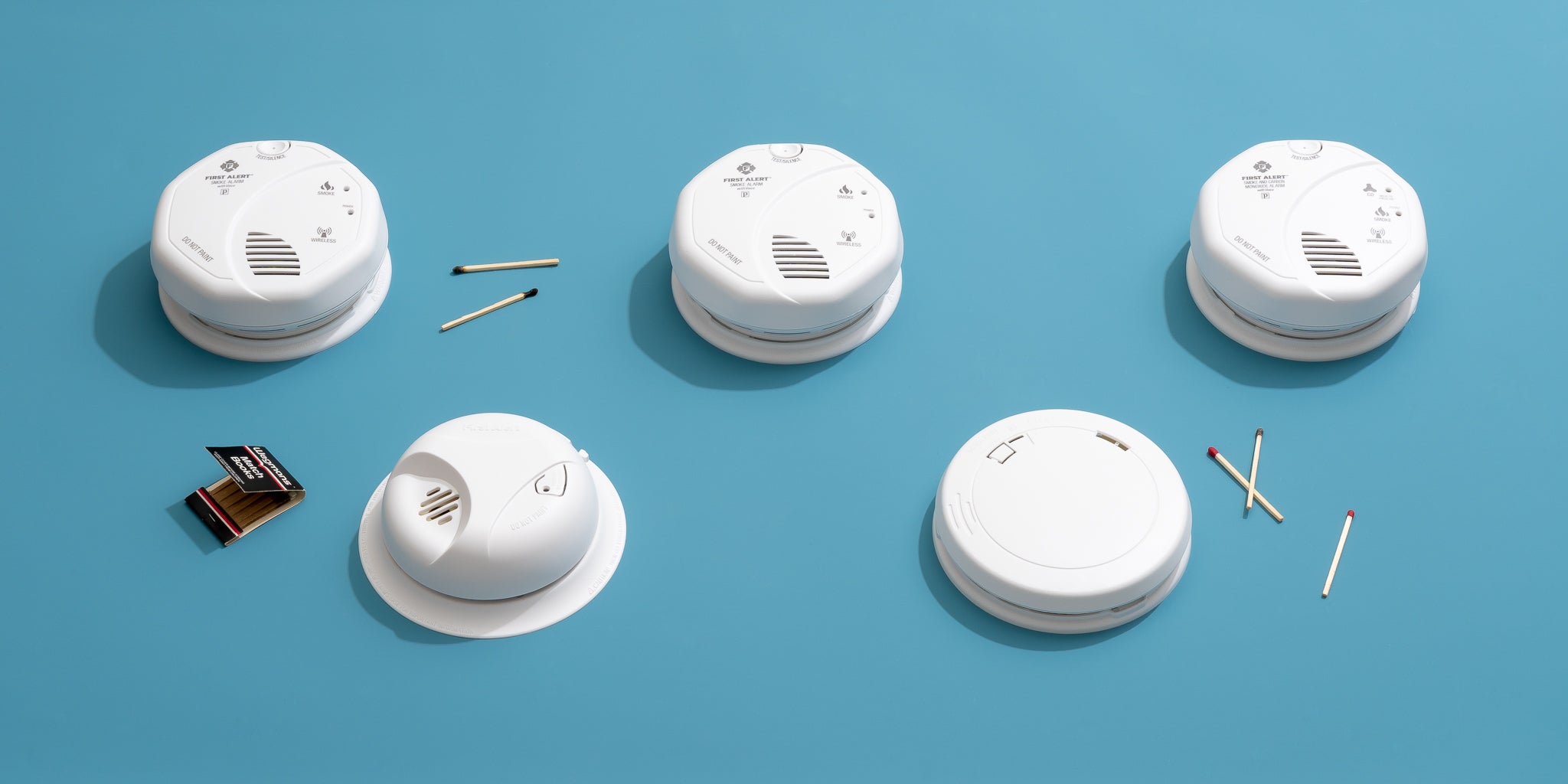
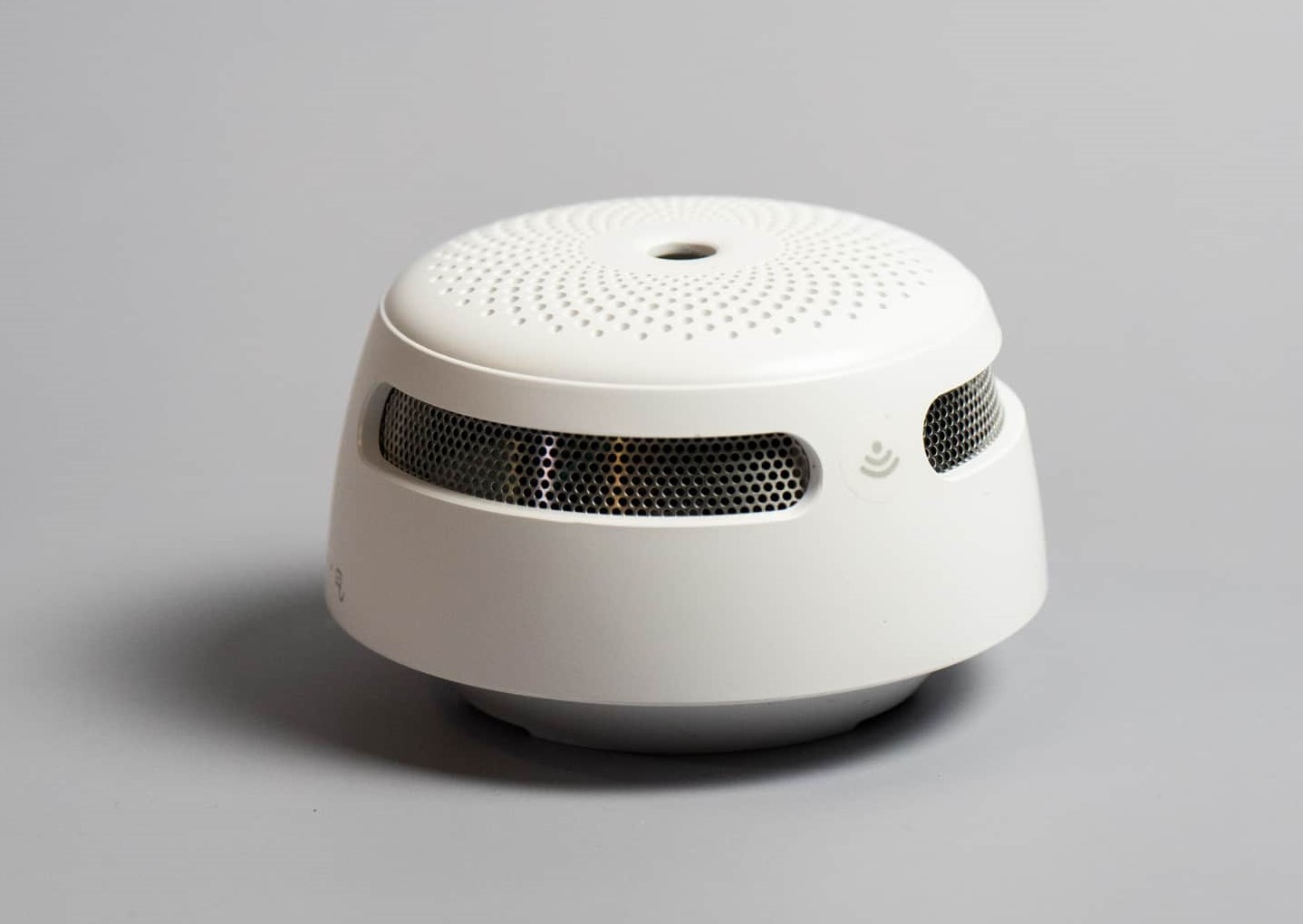
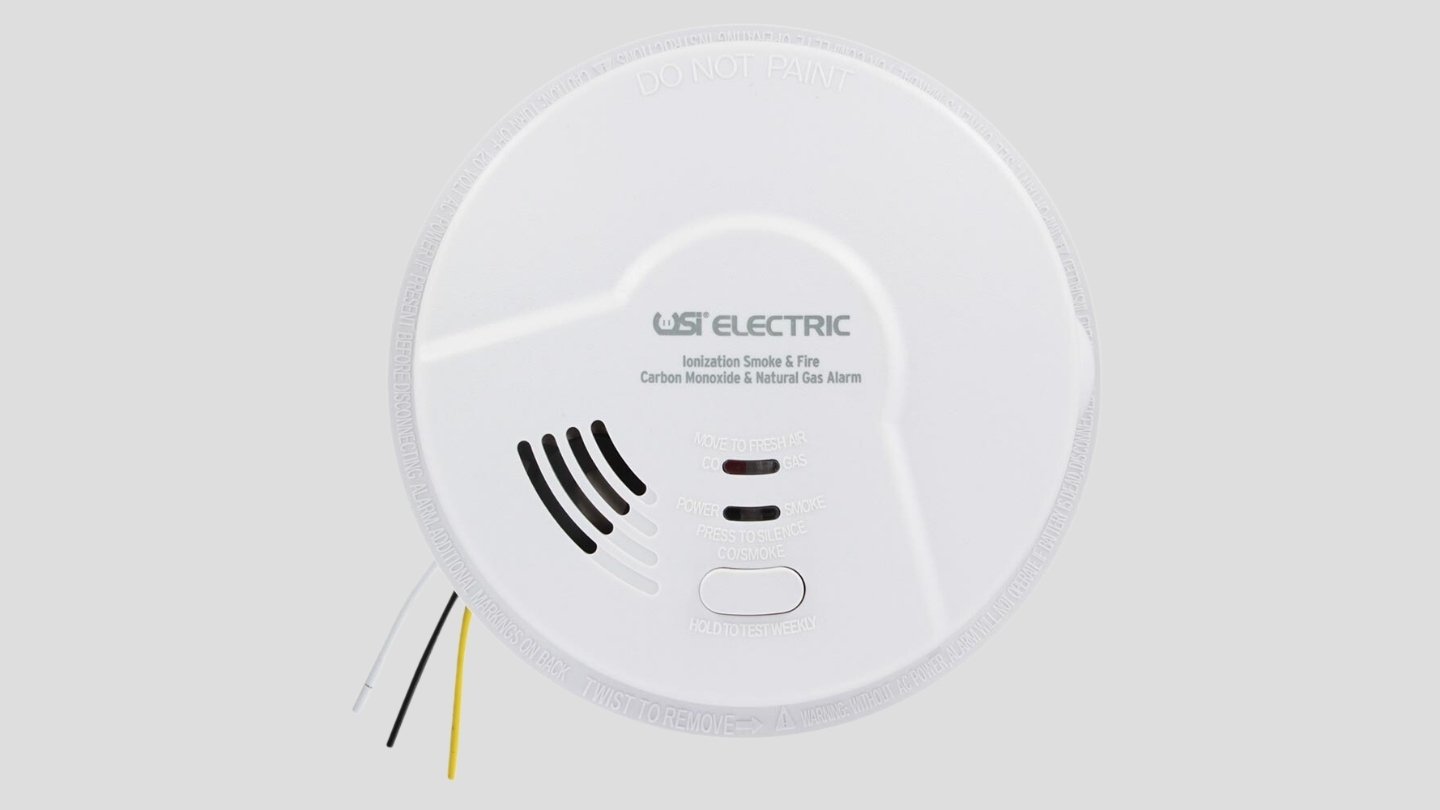
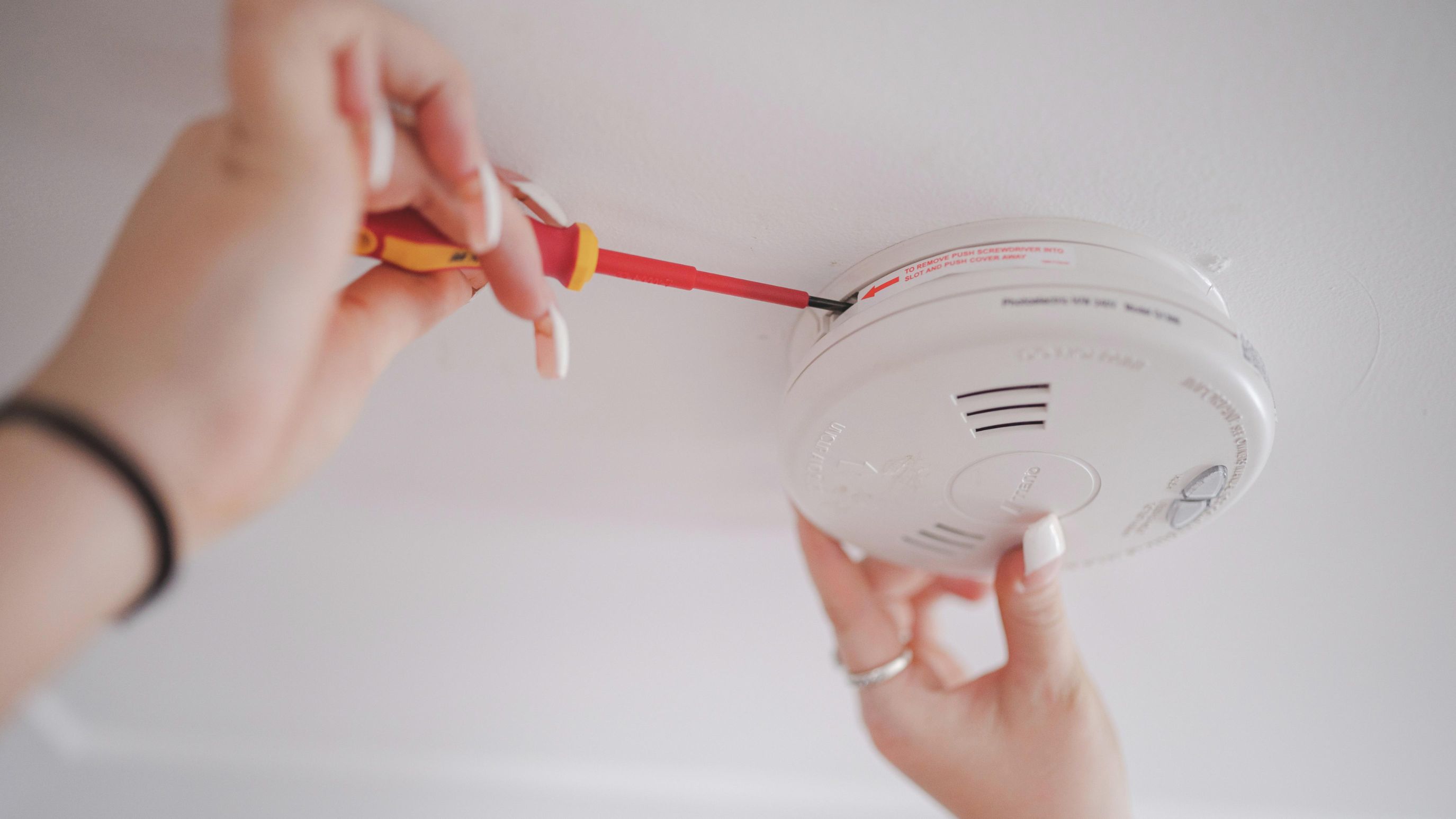
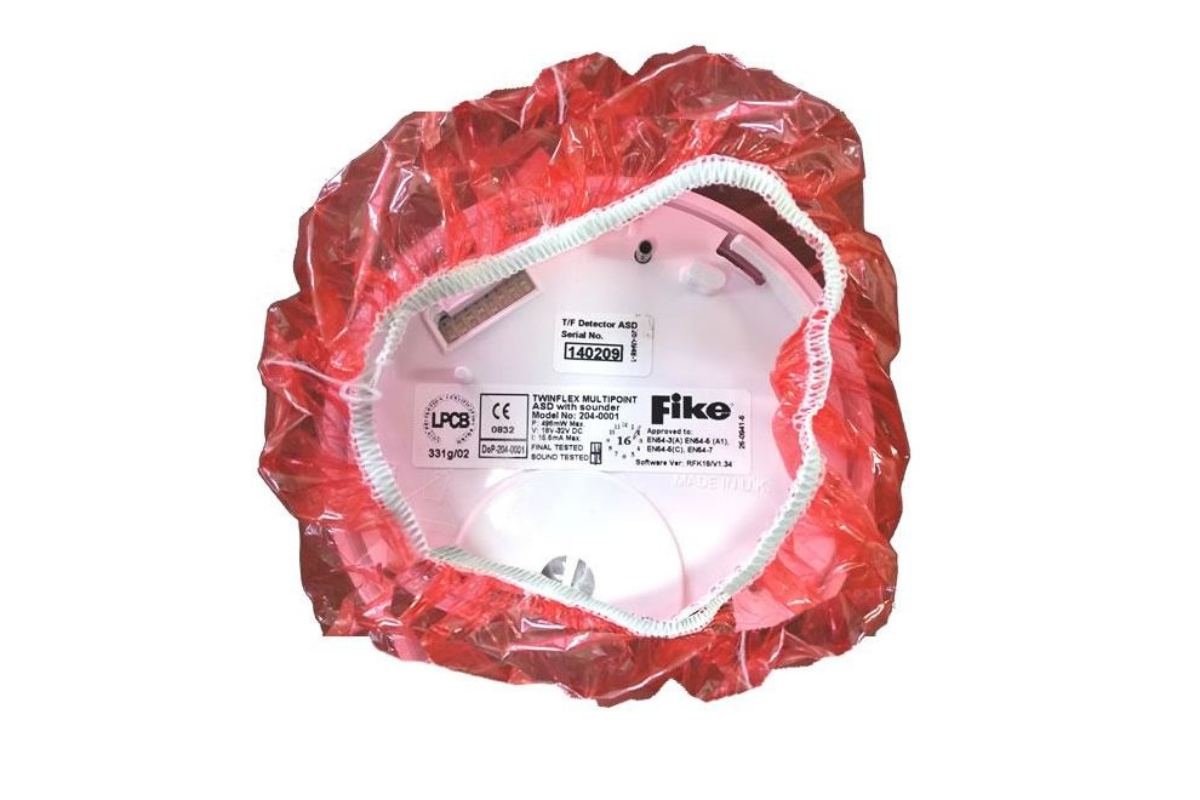
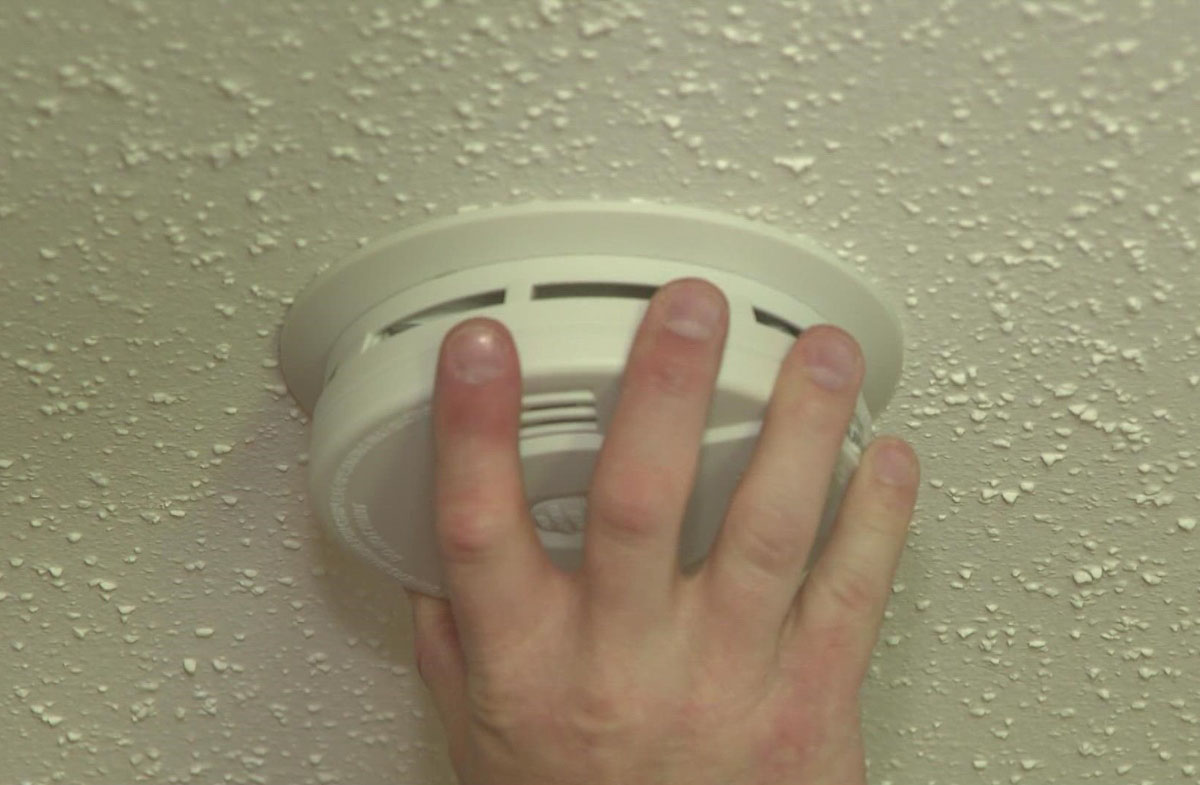
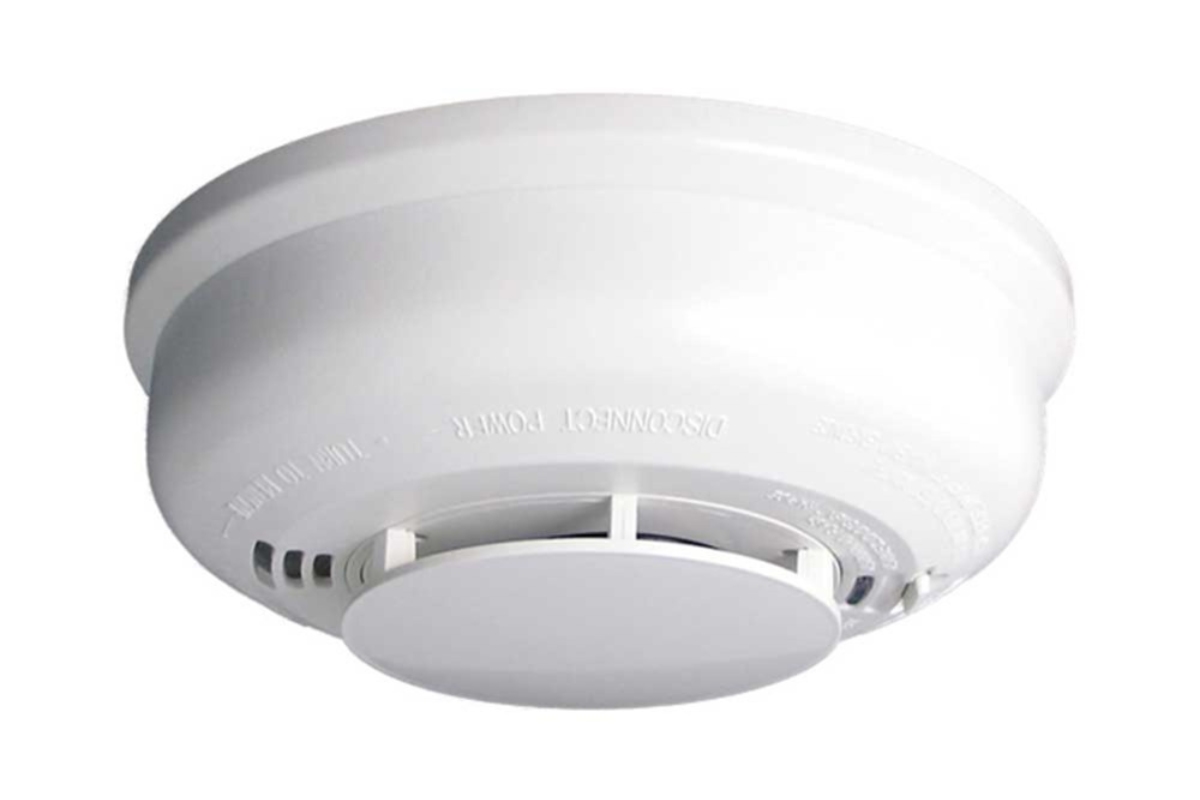
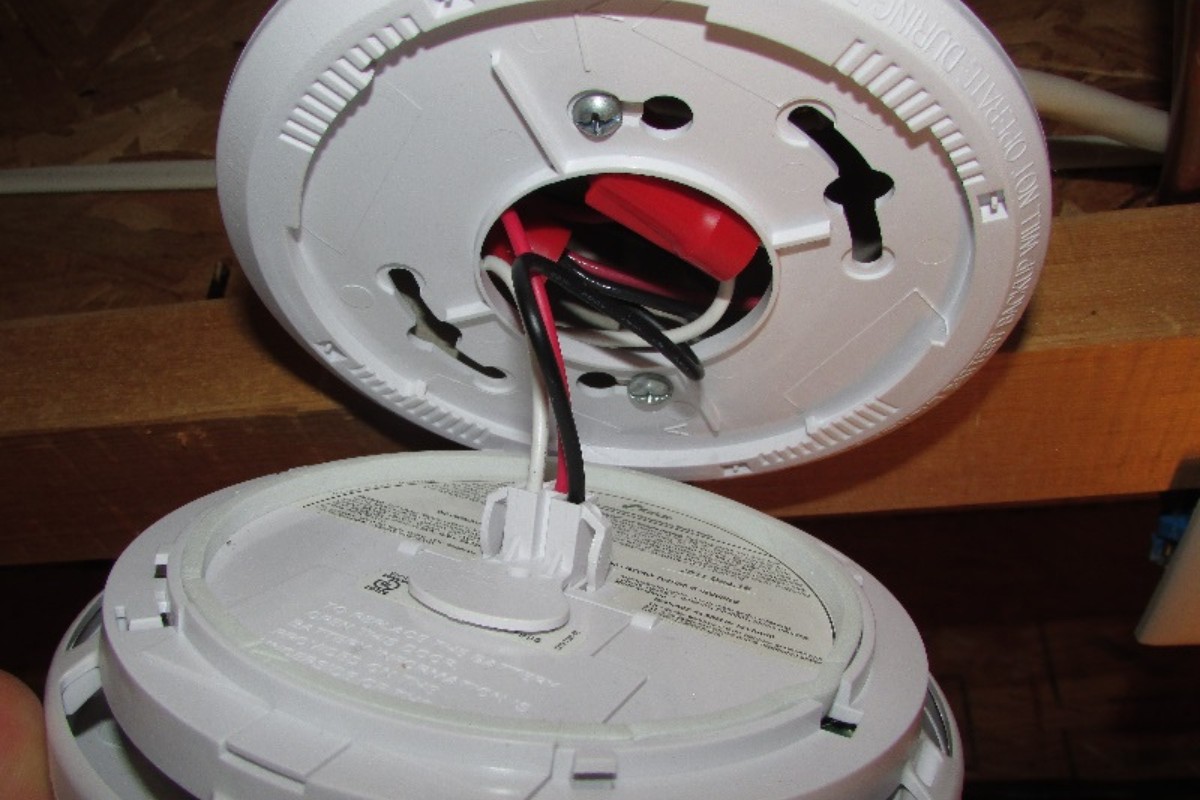
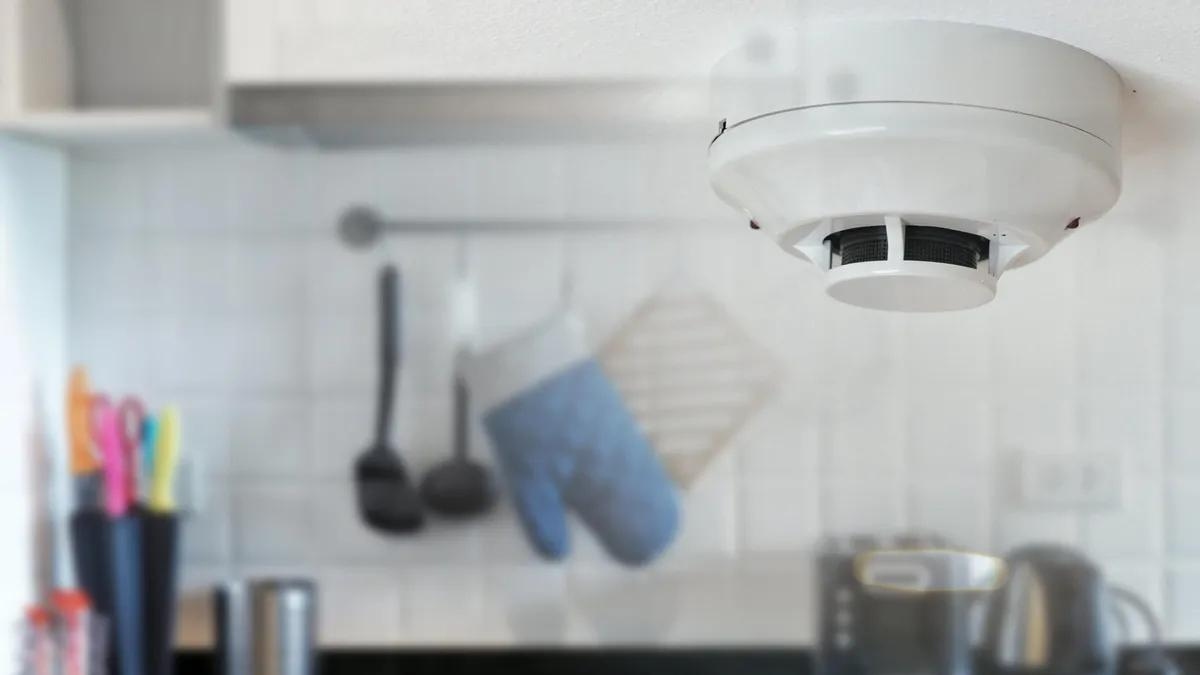
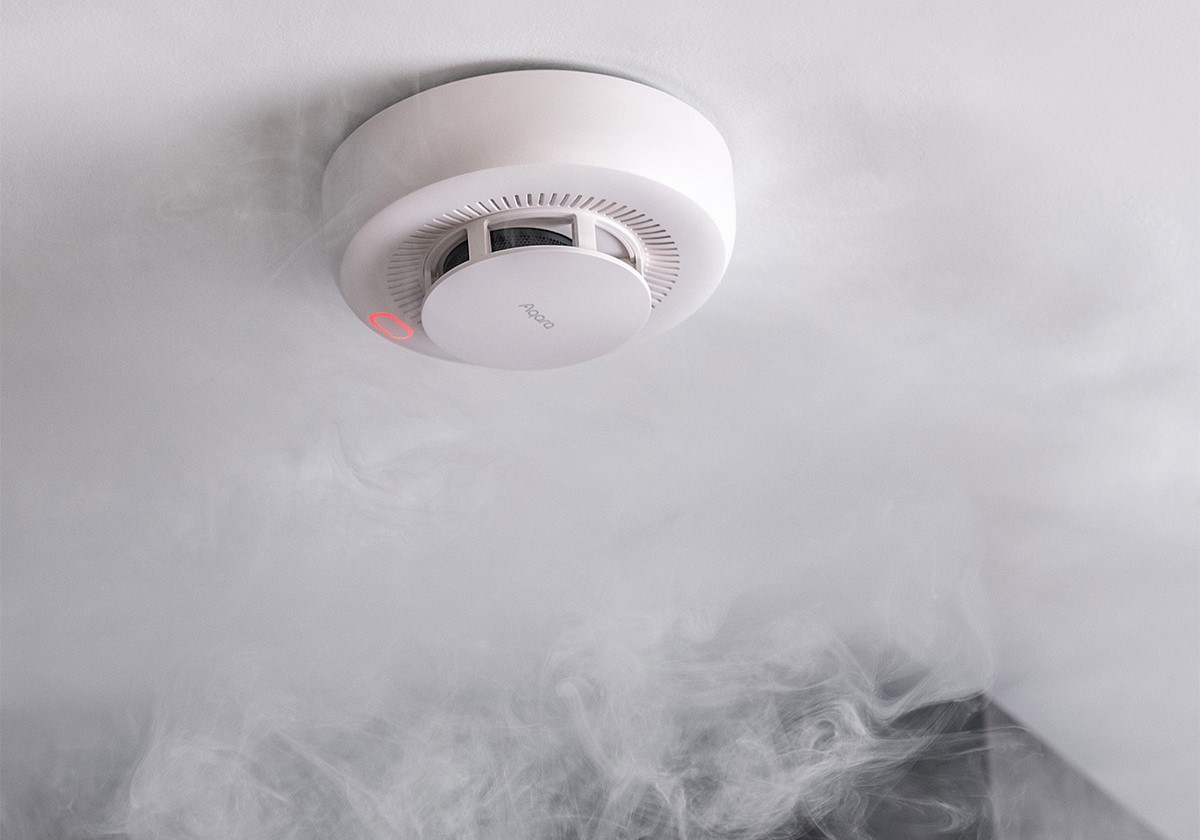
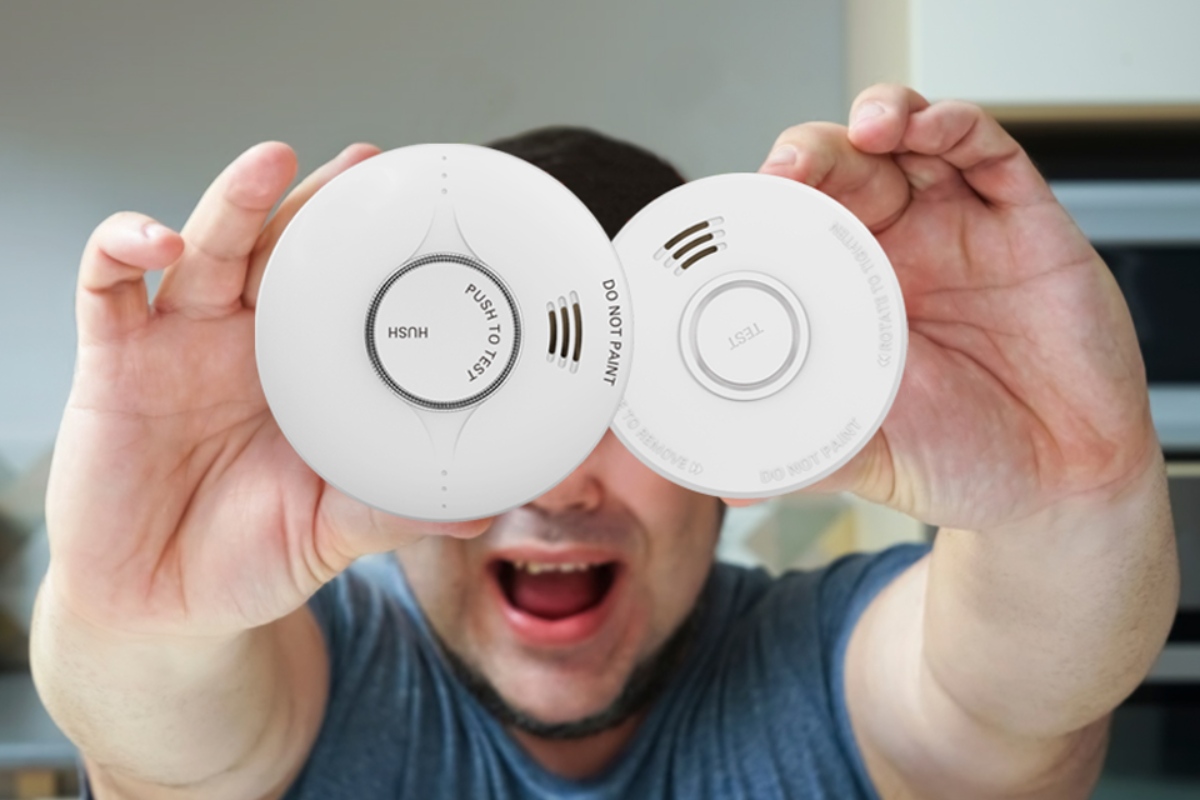

0 thoughts on “Which Smoke Detector Is Best?”